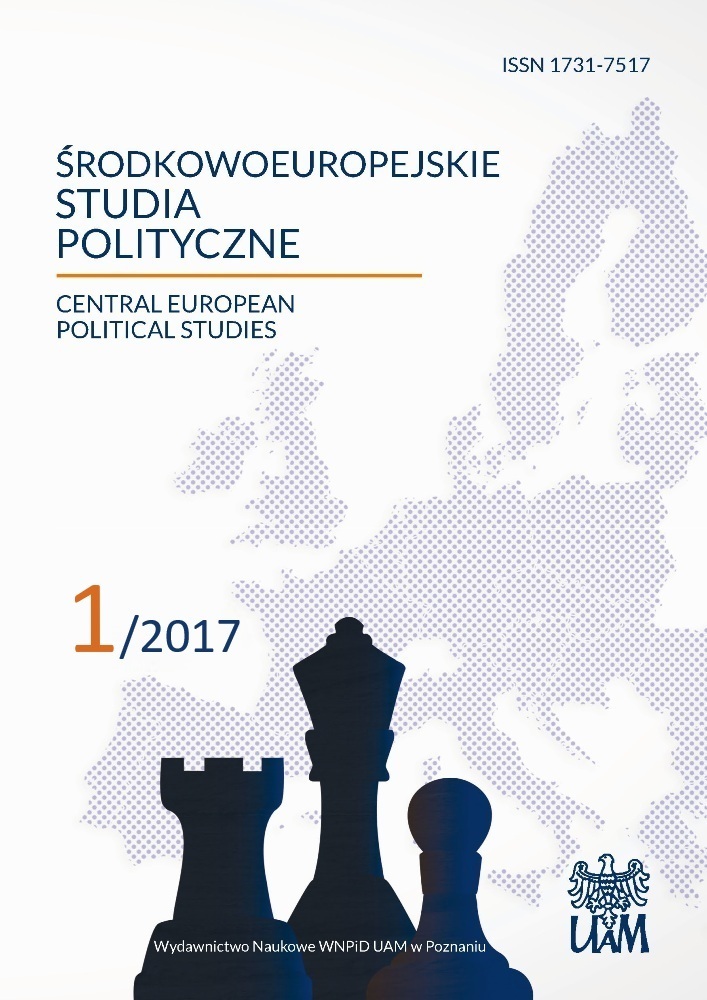Abstract
EU Competence and Intellectual Property Rights. Internally Shared, Externally Exclusive? Abstract: The European Union’s competence in external relations remains widely debated whenever the conclusion of an international agreement is about to happen. The recent focus mainly concerns the EU’s planned external trade agreements which grant it exclusive competence in this area. This is particularly complex in the field of intellectual property rights, where the EU has exclusive competence only with respect to the commercial aspects of the domain. This paper examines how the notion of the commercial aspects of intellectual property is interpreted by the Court of Justice of the European Union. We also analyze the possible implications of the broad approach adopted by the Court. In this regard, we first discuss the Court’s line of argument in the Daiichi Sankyo case. Then we scrutinize and verify the interpretation applied by the Court, which is significant in order to predict future case law developments in this area. We also relate the Court’s verdict to the EU’s internal regulations which brings us to the conclusion that the approaches taken in external trade relations and within the internal market contradict each other, leading to a legal or interpretative dead-end. Although detailed and specific, the results of this analysis make it possible to understand the complexities underlying the political turbulences that often occur when the EU negotiates international trade treaties.
References
Dimopoulos A. (2014), Of TRIPs and traps: the interpretative jurisdiction of the Court of Justice of the EU over patent law, „European Law Review”, no. 39(2), pp. 210–233.
Eeckhout P. (2012), Exclusive External Competences: Constructing the EU as an International Actor, „The Court of Justice and the Construction of Europe: Analyses and Perspectives on Sixty Years of Case-law – La Cour de Justice et la Construction de l’Europe: Analyses et Perspectives de Soixante Ans de Jurisprudence”, pp. 613–636.
Gormley L. W. (2015), Inconsistencies and misconceptions in the free movement of goods, „European Law Review”, vol. 40, no. 6, pp. 925–939.
Gotsova B. (2014), The Gordian Knot of European Union Competence: Commercial Aspects of Intellectual Property After the Judgment in Case C-414/11 Daiichi Sankyo, „German Law Journal”, no. 15(3), pp. 511–528.
Hestermeyer H.P., (2013) The notion of „trade-related” aspects of intellectual property rights: from world trade to EU law – and back again, „IIC – International Review of Intellectual Property and Competition Law”, no. 44(8), pp. 925–931.
Kampf R. (2015), Does Intellectual Property Belong to the Trade Family?, in: European Yearbook of International Economic Law. Trade Policy between Law, Diplomacy and Scholarship, eds. Ch. Herrmann, M. Krajewski, J. Ph. Terhechte.
Larik J. (2015), No mixed feelings: The post-Lisbon Common Commercial Policy in Daiichi Sankyo and Commission v. Council (Conditional Access Convention), „Common Market Law Review”, no. 52, pp. 779–800.
Malaga M. (2014), The European Patent with Unitary Effect: Incentive to Dominate? A Look From the EU Competition Law Viewpoint, „IIC – International Review of Intellectual Property and Competition Law”, no. 45(6), pp. 621–647.
Plomer A. (2015), A unitary patent for a disunited Europe: the long shadow of history, „IIC – International Review of Intellectual Property and Competition Law”, no. 46(5), pp. 508–533.
Tanghe Y. (2016), The Borders of EU Competences with Regard to the International Regulation of Intellectual Property Rights: Constructing a Dam to Resist a River Bursting Its Banks, „Utrecht Journal of International and European Law”, no. 32(82).
Van Damme I. (2015), Case C-414/11 Daiichi: the impact of the Lisbon Treaty on the competence of the European Union over the TRIPS Agreement, „Cambridge Journal of International and Comparative Law”, no. 4(1), pp. 73–87.
Vatsov M. (2014), The complicated simplicity of the DEMO case: side effects of developments in the law – Daiichi Sankyo and Sanofi-Aventis Deutschland v DEMO (C-414/11), „European Intellectual Property Review”, no. 36(3), pp. 202–206.
Villalta Puig G. (2011), The common commercial policy after Lisbon: an analysis of the reforms, „European Law Review”, no. 36(2), pp. 289–301
Weiß W. (2013), Common Commercial Policy in the European Constitutional Area: EU External Trade Competence and the Lisbon Decision of the German Federal Constitutional Court, in: European Yearbook of International Economic Law. Special Issue: Common Commercial Policy after Lisbon, eds. M. Bungenberg, Ch. Herrmann, pp. 29–48.
Woods L., Peers S., Copyright: anything left of Member States’ external competence?, 15.09.2016, http://eulawanalysis.blogspot.com/2014/09/copyright-anythingleft-of-member.html.

